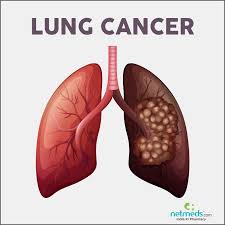
New Testing Method Unveiled for Personalized Care in Lung Cancer Patients
Dr. Ernesto Bustinza-Linares, a medical oncologist and hematologist at Florida Cancer Specialists & Research Institute (FCS), has co-authored a groundbreaking abstract published in the American Society of Clinical Oncology Journal, JCO Precision Oncology. This abstract introduces a novel testing method aimed at determining personalized care options for patients battling metastatic non-small cell lung cancer (NSCLC).
Highlighting the significance of research in the field of oncology, FCS President & Managing Physician, Dr. Lucio N. Gordan, emphasizes the remarkable strides made by physicians within the institute. Dr. Gordan stresses the importance of incorporating precision oncology tactics to uncover new applications of existing therapies, thus driving optimal outcomes for patients.
The abstract's authors address the limitations of current guidelines, which typically recommend checkpoint immunotherapy, often in combination with chemotherapy, for NSCLC treatment. These guidelines, however, may overlook patient variability and immune factors. Through the utilization of a pioneering machine-learning test known as PROphet, which analyzes pretreated plasma proteomic profiles, the authors were able to pinpoint levels of protein inhibitors for each patient, aiding in the determination of the most effective treatment approach.
The study's findings reveal significant differences in patient outcomes when additional plasma proteome-based testing is integrated with standard protein inhibitor testing. By tailoring treatment strategies based on these test results, clinicians observed clearer distinctions in patient responses to targeted therapies.
Dr. Bustinza underscores the necessity of moving away from a one-size-fits-all approach to oncology care. He emphasizes the pivotal role of this study in developing a precise treatment approach centered around the unique cellular properties of individual patients, rather than solely focusing on the type of cancer. Armed with this knowledge, clinicians can tailor treatment regimens, such as choosing between monotherapy or combination therapy, to achieve optimal outcomes for patients